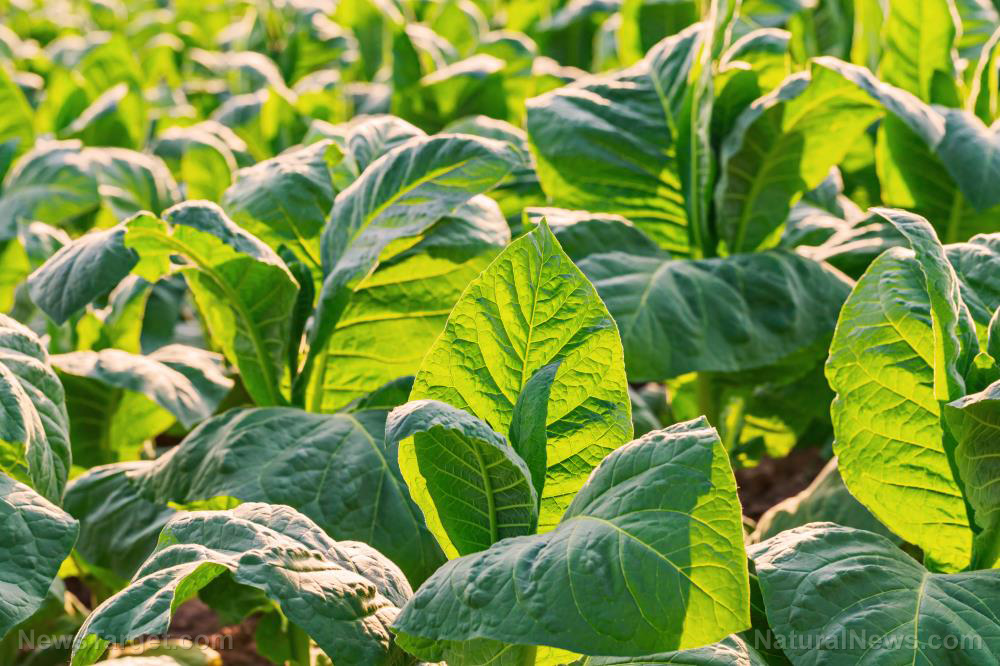
The bright yellow powder, made from the rhizome (the thick underground stem that grows horizontally and produces roots and shoots from its nodes) of the Curcuma longa plant, has played a pivotal role in traditional medicine for over 4,000 years.
In many South Asian countries, it is applied as a topical antiseptic for bruises, burns and cuts and is known for its anti-inflammatory and antibacterial properties. In Pakistan, it is used to treat gastrointestinal issues like irritable bowel syndrome, while in both Afghanistan and Pakistan, it is applied to wounds to promote healing. Indian practices also use turmeric for blood purification and skincare, with turmeric paste applied to brides and grooms before marriage to enhance skin glow and ward off bacteria. Today, turmeric continues to play a role in modern skincare, with multinational companies incorporating it into face creams and sunscreens.
In Ayurvedic medicine, turmeric is prescribed for respiratory issues, like allergies and asthma, as well as liver problems, rheumatism and sinusitis. In traditional Chinese medicine, it is used to treat abdominal pain, while both Ayurveda and Chinese medicine recognize it as a digestive aid that reduces bloating and gas. Unani medicine uses turmeric to clear phlegm, enhance fat digestion by stimulating bile production and improve circulation. Turmeric is also consumed with milk or water to alleviate colds, digestive disorders and sore throats.
Historically, turmeric's role went far beyond the kitchen – forming an essential part of health rituals across the Indian subcontinent and Southeast Asia. It was believed to balance the body's energy, heal wounds, purify the blood and more.
Turmeric's ancient reputation is now supported by modern science. Researchers have identified curcumin – a powerful bioactive compound in turmeric – as the key behind its therapeutic effects. Curcumin is known for its strong anti-inflammatory and antioxidant properties and numerous studies have explored its impact on chronic diseases like arthritis, heart disease and even cancer.
A 2021 study published in Drug Design, Development and Therapy found that curcumin could help reduce inflammation at the molecular level by acting on pathways that are critical in the development of chronic diseases.
Similarly, research highlighted in Antioxidants showed how curcumin can neutralize harmful free radicals, potentially slowing down cellular aging and promoting overall health. This journey from ancient folklore to scientific credibility underscores turmeric's enduring medicinal value.
Turmeric's active compounds
Turmeric's impressive health benefits are attributed to more than 100 bioactive compounds – each contributing to its diverse medicinal properties. While the most well-known compound is curcumin, the root of turmeric holds a wealth of other powerful substances that play key roles in promoting health and wellness.
Curcuminoids: Nature's antioxidants
Curcuminoids, a group of compounds responsible for turmeric's bright yellow hue, are at the forefront of its medicinal power. Curcumin, the most studied curcuminoid, is known for its potent anti-inflammatory and antioxidant properties. However, curcumin is not alone – demethoxycurcumin, 5-methoxycurcumin and dihydrocurcumin also belong to this group. Together, these curcuminoids act as natural antioxidants, helping to neutralize free radicals in the body. By reducing oxidative stress, they protect cells from damage and slow down the aging process.
This antioxidant action makes curcumin particularly effective in fighting chronic diseases linked to inflammation, such as arthritis, cardiovascular disease and even some cancers. Studies have shown that curcumin can inhibit molecules such as NF-kB, which play a role in driving inflammation in the body.
Turmeric's essential oils support brain health
Turmeric's essential oils, particularly arturmerone, turmerone and zingiberene, give the spice its distinctive aroma. But these oils do more than add flavor – they've been shown by science to have neuroprotective properties. Aromatic turmerone, in particular, has been studied for its potential to stimulate the production of new neurons in the brain – a process called neurogenesis. This means turmeric could support brain health and potentially offer protective effects against neurodegenerative diseases like Alzheimer's.
Other volatile oils, such as alpha-phellandrene, borneol, sabinene and zingiberene possess antimicrobial properties, further enhancing turmeric's medicinal value. These compounds may help prevent infections and promote overall immune health.
Sesquiterpenes: Anti-inflammatory and antimicrobial agents
Turmeric also contains a variety of sesquiterpenes – compounds that contribute to its anti-inflammatory, antimicrobial and analgesic effects. Some of the key sesquiterpenes found in turmeric include alpha- and beta-turmerones, curcumenone, germacrone and zingiberene. These sesquiterpenes are crucial in reducing inflammation, which is often the root cause of pain in conditions, like arthritis and other inflammatory disorders.
Additionally, sesquiterpenes are known to possess antibacterial and antifungal properties – making turmeric useful in traditional medicine for healing wounds, treating infections and maintaining overall immune health. These compounds are often unique to specific species of turmeric, which explains why different varieties of turmeric may have slightly varying medicinal properties.
Polysaccharides: Immune boosters
Recently, researchers have identified four new polysaccharides in turmeric called ukonans, that further enhance the spice's immune-boosting effects. Polysaccharides are long chains of carbohydrates that have been shown to stimulate the immune system. These compounds may help the body fight off infections and improve overall health by enhancing the body's natural defense mechanisms.
Other nutrients in turmeric
Turmeric isn't just a treasure trove of medicinal compounds – it is also packed with essential nutrients. A typical serving of turmeric is rich in dietary fiber, iron, potassium and vitamins like niacin (B3) and ascorbic acid (vitamin C). These nutrients help support various bodily functions, including blood circulation digestion and immune health.
Furthermore, turmeric contains omega-3 fatty acids and alpha-linolenic acid (ALA), which are beneficial for health. Omega-3s help reduce inflammation in the body and can lower the risk of heart disease by improving cholesterol levels and supporting overall cardiovascular functions.
How these compounds work together
The combined action of these compounds makes turmeric a potent multi-tasker in health and wellness. Curcuminoids work on a cellular level to combat oxidative stress, while turmerone and other volatile oils support brain function and offer antimicrobial benefits. Sesquiterpenes provide anti-inflammatory effects, reducing pain and promoting healing. Meanwhile, polysaccharides help bolster the immune system, offering protection from illness.
Each compound contributes uniquely to turmeric's therapeutic properties, creating a powerful synergistic effect that can target multiple areas of health – from digestion and immunity to brain health and chronic inflammation. (Related: Dynamic duo: Why TURMERIC and BLACK PEPPER are a powerful combination.)
Visit SuperFoods.news for more stories like this.
Watch Mike Adams' 34th sermon about turmeric and the Bible's healing spices.
This video is from the Health Ranger Report channel on Brighteon.com.
More related stories:
Turmeric: One of the world's most powerful superfoods.
Turmeric may be the key to preventing diseases caused by antibiotic-resistant bacteria.
Study: Curcumin in turmeric STARVES CANCER CELLS to death.
Sources include:
Please contact us for more information.






















